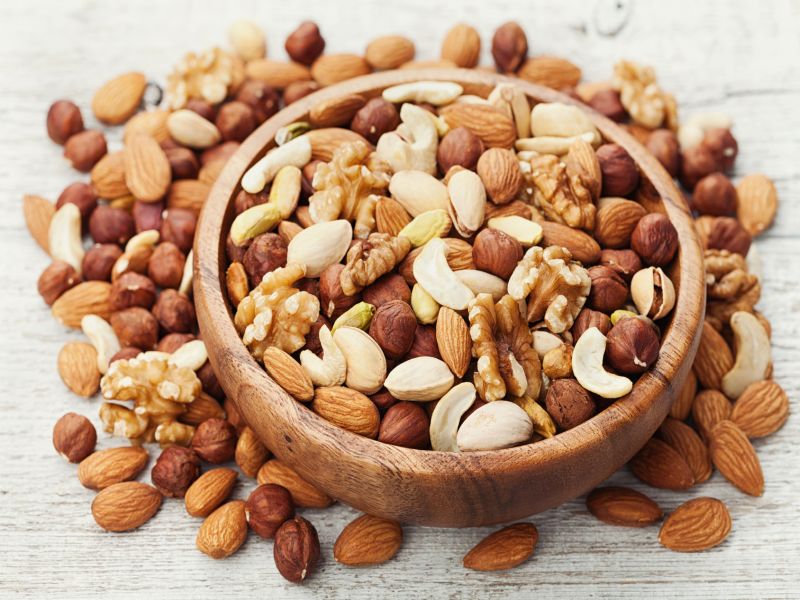
FRIDAY, Feb. 22, 2019 (American Heart Association News) — Jog for long enough or engage in just about any physical activity that gets the heart pumping, and the result can be a feeling of euphoria commonly known as a runner’s high. Sure, it feels good, but does higher-intensity exercise lead to better health? It can.… read on >

















